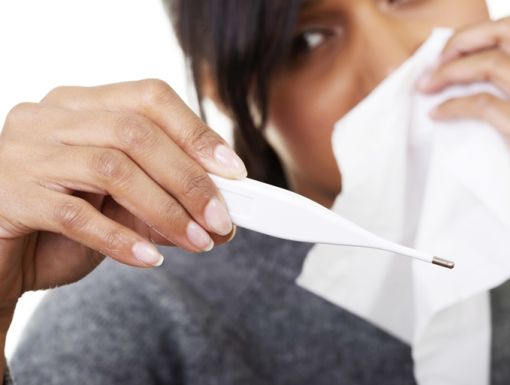
Avoid Shingles Pain With This Vaccine
It is no secret that health risks and complications increase with age, which is why it is important to be informed about and take advantage of modern preventative measures. The Shingrix vaccine is recommended by healthcare providers for the prevention of shingles in adults aged 50 years and older.
Shingles, also called zoster or herpes zoster, is caused by the varicella zoster virus, the same virus that causes chickenpox. Basically, if you’ve had the chickenpox, you are at risk for acquiring this painful skin rash. The most common complication of shingles is expressed as a severe pain – sometimes debilitating – in the location where the shingles rash occurred. This is known as post-herpetic neuralgia.
According to the U.S. Department of Health and Human Services, as people get older, the risk of long-term pain associated with shingles increases, and the pain is likely to be more severe. Statistically, according to the same source, approximately one out of every three adults aged 60 years or older will get shingles.
In order to prevent this and other severe potential complications involving the eye, or rarely, leading to pneumonia, hearing problems, blindness or encephalitis, the FDA licensed the Shingrix vaccine for preventative measures in older adults.
Shingrix is administered for prevention of shingles in people 50 years of age and older. The vaccine consists of a two-dose series. The doses should occur two to six months apart. Even if you have had the Zostavax vaccine for shingles in the past or have been diagnosed with shingles in the past, it is still recommended that you get the Shingrixi vaccine. According to the CDC, two doses of Shingrix is more than 90% effective at preventing shingles and post-herpetic neuralgia. Protection stays above 85% for at least the first four years after you get vaccinated.
Medicare Part D plans cover the shingles vaccine, but there may be a cost to you depending on your plan. There may be a copay for the vaccine, or you may need to pay in full then get reimbursed for a certain amount. Many private health insurance plans will cover the vaccine, but there may be a cost to you depending on your plan. Contact your insurer to find out.
Learn more about primary care physician Addy Reine, MD



